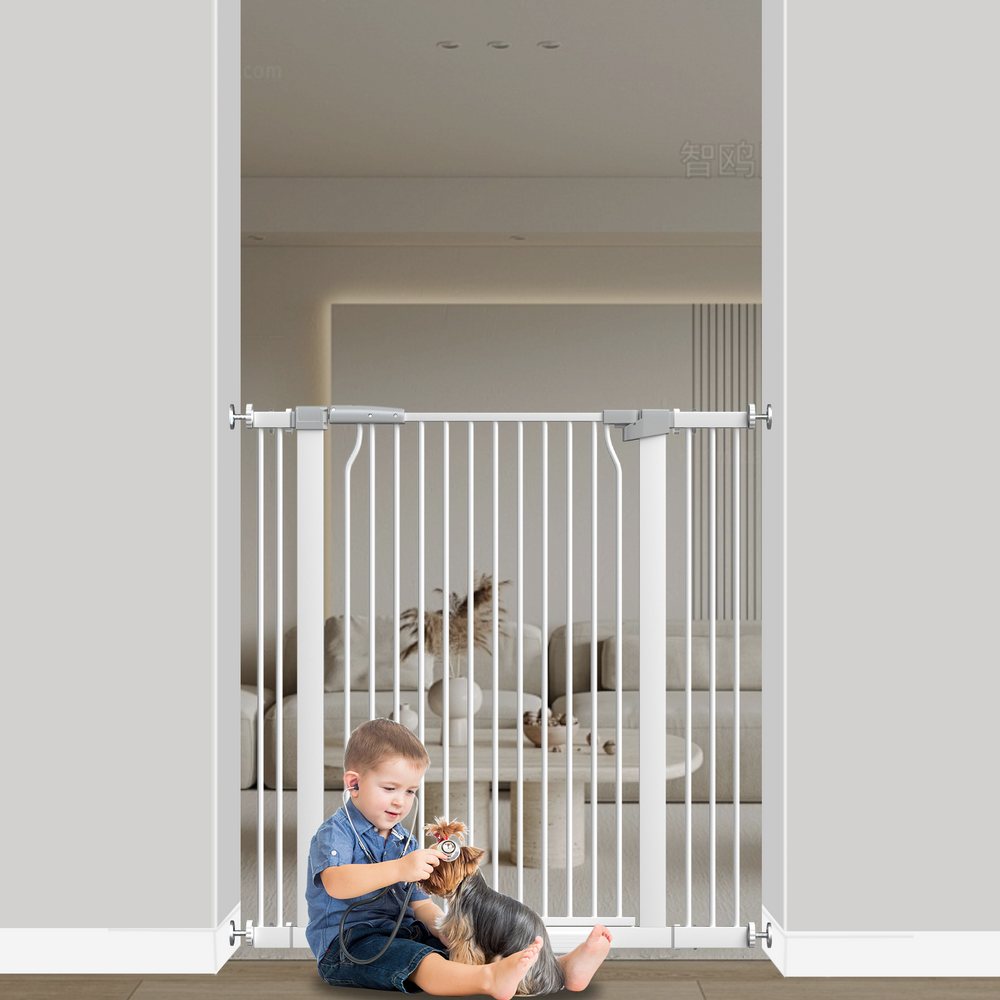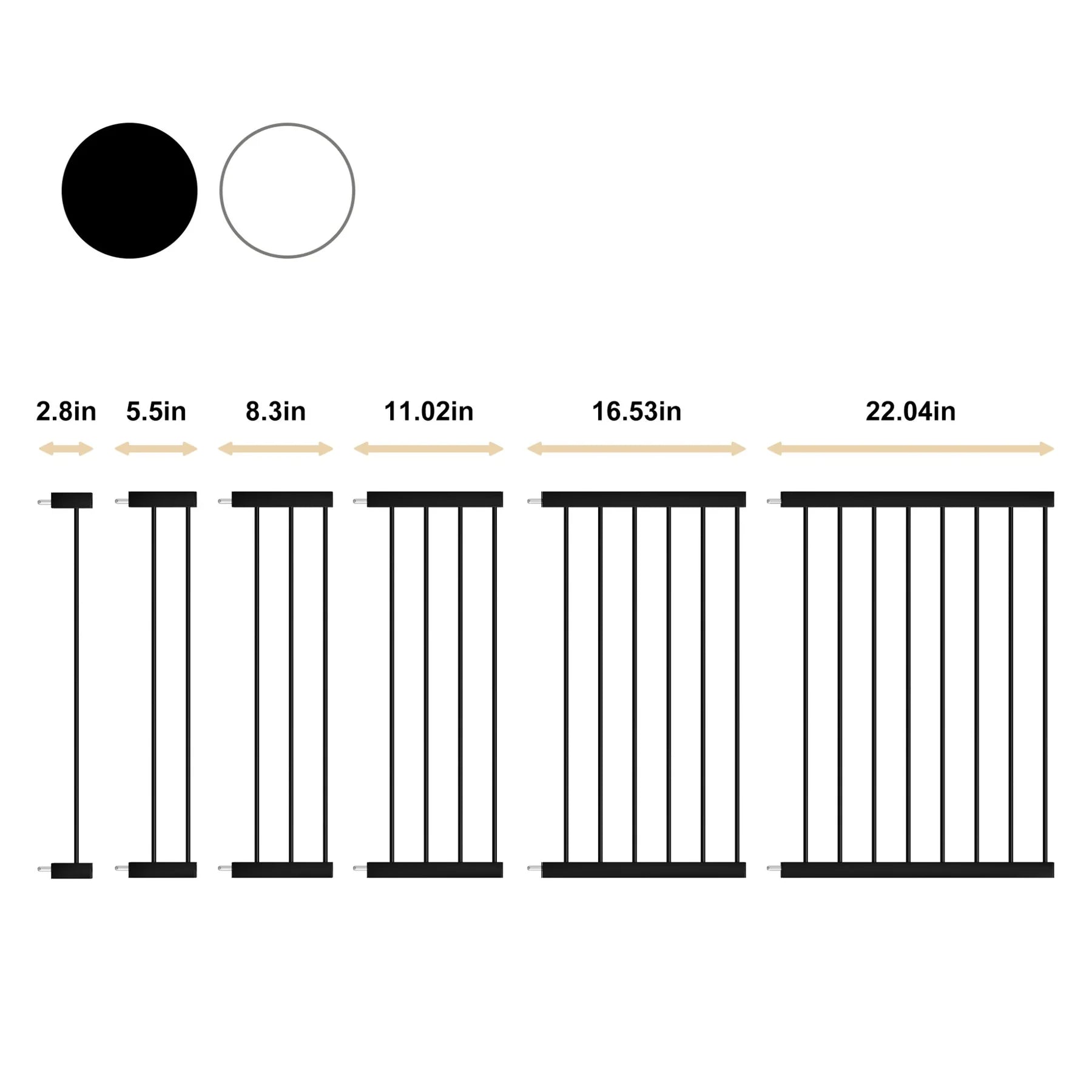Essential Baby Medicine Safety and Dosage Tips Every Parent Should Know
Common Safety Tips For Giving Your Child Medicine
Always Consult Your Doctor First
Before giving your child any medication, it's super important to chat with their doctor. Don't just reach for something in the medicine cabinet, even if it seems harmless. A doctor can give you the green light and the right dosage for your child's specific needs. This is especially true for younger babies and kids with existing health issues. It's better to be safe than sorry, right?
Treat Herbal Remedies With Caution
Okay, so you're thinking about using some herbal stuff for your little one? I get it, natural sounds good. But hold up! We don't really know how safe a lot of these herbs are for babies and toddlers. The FDA doesn't regulate herbal supplements as strictly as medicines, so you might not be getting what you think you are. It could have more of the active ingredient than the label says, or even have other junk in it. So, just be careful with herbal supplements.
Avoid Double Dosing
This one seems obvious, but it's easy to mess up, especially when you're tired. Always, always, always double-check the last time you gave your kiddo medicine. Write it down if you have to! Setting a timer on your phone can also be a lifesaver. And remember, some cold medicines have multiple ingredients, so you don't want to accidentally give them extra of something. If you're not sure, call your doctor or pharmacist. It's not worth the risk of medication errors.
It's easy to get confused when you're dealing with a sick child, especially in the middle of the night. Take a deep breath, double-check everything, and don't be afraid to ask for help. Your child's health is the most important thing.
How To Give A Baby Or Toddler Medicine
Giving medicine to a baby or toddler can be tricky, but it's important to do it safely and effectively. It's not always easy, but with a few tips and tricks, you can make the process smoother for both you and your little one. I remember when my son was a baby, just trying to get him to swallow anything other than milk felt like a Herculean task.
Never Medicate Infants Under Two Months
It's crucial to avoid giving any medication, even over-the-counter ones, to babies under two months old unless specifically recommended or prescribed by a doctor. Their little bodies are still developing, and medications can have unexpected effects. Always consult with your pediatrician before administering anything to such young infants. If you're unsure, it's always best to err on the side of caution. If you are concerned about security measures on a website, contact the site owner.
Use Proper Measuring Tools
Using the right tools is essential for accurate dosing. Forget kitchen spoons! They're not precise enough. Instead, rely on the measuring devices that come with the medicine or ask your pharmacist for a pediatric measuring device or syringe. Accuracy is key to ensure your child gets the correct dose and avoids any potential harm.
Follow Dosage Instructions Carefully
Always, always, always read the label and follow the dosage instructions to the letter. Don't eyeball it, and don't assume you know the right amount. Dosage is determined by weight and age, so what worked last time might not be appropriate now. If you have any questions or doubts, don't hesitate to call your doctor or pharmacist for clarification. It's better to be safe than sorry!
Giving medicine doesn't have to be a battle. Try to stay calm and positive, even if your child is resisting. A little bit of patience and a gentle approach can go a long way. Sometimes, distracting them with a favorite toy or song can also help make the process easier.
Protecting Children From Medication Risks

It's scary how easily kids can get into things, especially when it comes to medicine. We need to be super vigilant about keeping them safe. Medication safety is a big deal, and it's up to us to make sure our little ones don't accidentally get their hands on something that could harm them. It's not just about prescription drugs either; even over-the-counter stuff can be dangerous if ingested incorrectly.
Keep Medicines Out Of Reach
This one seems obvious, but it's worth repeating: store all medications where kids can't get to them. I'm talking high shelves, locked cabinets, the works. Think like a toddler – if they can see it, they'll try to grab it. And don't forget about visitors! Make sure grandma's purse, with her pills, is out of reach too. It's also important to store medicine in a cool, dry place to maintain its potency. Avoid places like bathroom cabinets where humidity can damage the drugs. Always put the medication away immediately after dispensing it. Don't leave them out and unattended.
Avoid Referring To Medicine As Candy
Never, ever call medicine "candy" to get your child to take it. This can lead to serious problems later on. They might think all pills are safe to eat, and that's a recipe for disaster. Instead, be honest about what it is and why they need to take it. If they still refuse, talk to your doctor about alternative ways to administer the medication. It's better to struggle a bit now than to risk a poisoning later. It's important to teach children about medicine safety from a young age.
Be Aware Of Adult-Strength Medications
Adult medications can be especially dangerous for children. Even a small dose can be harmful, so it's crucial to keep them separate and clearly labeled. Pay close attention when giving medicine to multiple family members to avoid mix-ups. If you're unsure about the correct dosage for your child, always consult with your pediatrician or pharmacist. It's better to be safe than sorry. Always double-check the dosage instructions before administering any medication.
It's easy to get complacent, especially when you're tired or stressed. But when it comes to medication safety, there's no room for error. Take a few extra seconds to ensure everything is stored properly and that your child is safe. It's a small price to pay for peace of mind.
Understanding Dosage Instructions

Ask Questions If You're Confused
It's super common to feel lost when reading medication instructions. If anything is unclear, don't hesitate to ask your doctor or pharmacist. It's way better to ask a "dumb" question than to give the wrong dose. They're there to help! You can also ask them to show you how to measure the dose using the tool you have at home. If you are still unsure, ask them to write down the instructions for you. It's also a good idea to ask for information in your preferred language.
Measure With Care
Once you've figured out the right dose, it's important to measure it accurately. Use the measuring cup, syringe, or dropper that came with the medicine. Kitchen spoons aren't accurate enough! Make sure you're reading the measurements in good lighting too – it's easy to mix up teaspoons and tablespoons when you're tired. Also, if your baby spits up the medicine, it's best to check with your pharmacist or doctor before giving another dose.
- Use the correct measuring tool.
- Double-check the units (mL vs. tsp).
- Read the measuring lines carefully.
Re-Read Labels Each Time
Always, always, always read the label before giving medicine, even if you've given it a million times before. Things change, and you want to make sure you're giving the right dose at the right time. Pay attention to whether the medicine needs to be taken with food or on an empty stomach. Some medicines work best when taken with food, while others are better absorbed on an empty stomach. Also, check the ingredient list to avoid double-dosing.
It's easy to get complacent, but taking a few extra seconds to read the label can prevent serious mistakes. Medicine labels contain important information about dosage, frequency, and potential side effects. Make it a habit to review the label every time you administer medication to your child.
Avoiding Unnecessary Medications
It's super tempting to reach for medicine at the first sign of sniffles or a slight temperature, but sometimes, less is more. Over-medicating, especially in young kids, can actually do more harm than good. It's all about finding that balance and knowing when to let the body do its thing.
Limit Use Of Cough And Cold Medicines
Okay, so cough and cold medicines? They're not always the best solution, especially for the little ones. For kids under 6, most over-the-counter cough and cold meds aren't recommended. And for babies under 2? A definite no-go. They often don't really work that well and can have some pretty nasty side effects. Instead, try some simple home remedies like a humidifier or some honey (if your child is over 1 year old, of course!).
Understand When To Treat Fever
Fever can be scary, I get it. But remember, a fever is actually a sign that your kid's body is fighting off an infection. It's not always something you need to jump on and treat right away. If your child has a fever over 102 degrees Fahrenheit, you can give them medicine to lower it, but really, it's more about making them comfortable. If they're playing and acting normal, you might not need to do anything at all. It's more about comfort than the number on the thermometer. If you are concerned about your child's fever, you should seek medical advice.
Be Cautious With Combination Medications
Combination medications seem convenient, right? Everything in one bottle! But here's the thing: they can be tricky. You might accidentally be giving your child two medicines with the same active ingredient, which can lead to an overdose. Plus, they might be getting medicine for symptoms they don't even have. It's usually better to stick to one medicine at a time, targeting the specific symptom you're trying to treat. Always enable cookies on websites that provide medical information to ensure you are getting the most accurate and up-to-date advice.
It's always a good idea to chat with your pediatrician or a pharmacist before giving your child any medication, especially if they're already taking other medicines. They can help you figure out the right dosage and make sure there aren't any potential interactions. And remember, trust your gut! If something doesn't feel right, don't be afraid to ask questions or seek a second opinion.
Safely Disposing Of Medications
It's easy to overlook, but getting rid of old or unused medicine the right way is super important. Proper disposal keeps kids and pets safe, and it also helps protect our environment. Don't just toss them in the trash or flush them down the toilet!
Follow Label Instructions For Disposal
Always check the label first. Some medications have specific instructions for disposal. For example, some might tell you to mix the medicine with something gross like coffee grounds or kitty litter before throwing it away. Others might say to take it to a drug take-back program. If there aren't any instructions, don't worry, there are still safe ways to get rid of them.
Keep Track Of Expiration Dates
Make it a habit to check expiration dates regularly. I usually do it when I'm already cleaning out the bathroom. Expired medications might not work as well, and in some cases, they could even be harmful. It's a good idea to mark your calendar or set a reminder on your phone to check your medicine cabinet every few months.
Use Designated Disposal Programs
Lots of pharmacies, hospitals, and even police stations have medication disposal programs. These programs make it easy to safely get rid of your old meds. You can often find a medication drop-off location near you with a quick online search. These programs ensure that medications are disposed of in an environmentally responsible way, preventing them from contaminating water supplies or being misused.
Getting rid of medications safely is a small thing that can make a big difference. It protects your family, your community, and the environment. Take a few minutes to do it right!
Getting Help When Needed
It's important to know where to turn when you're unsure about something related to your child's medication or health. Don't hesitate to seek professional help; it's always better to be safe than sorry. Here's how to get the assistance you need.
Know When To Call Poison Control
Poison Control is your first line of defense in case of a suspected poisoning. Keep their number readily available – it's a good idea to program it into your phone. If you think your child has ingested something harmful, call them immediately. Don't wait for symptoms to appear. They can provide guidance on what to do next, whether it's monitoring at home or seeking emergency care. Remember, quick action can make all the difference.
Seek Guidance From Pharmacists
Pharmacists are more than just dispensers of medication; they are a wealth of knowledge. If you have questions about drug interactions, side effects, or the best way to administer a medication, don't hesitate to ask your pharmacist. They can offer personalized advice and clarify any confusing instructions. They can also help you understand cough and cold medicines and their potential effects on your child.
Utilize Emergency Services When Necessary
In certain situations, immediate medical attention is crucial. If your child is experiencing severe allergic reactions, difficulty breathing, seizures, or loss of consciousness, call emergency services (911 in the US) right away. Don't try to handle these situations on your own. Emergency responders are equipped to provide life-saving care and transport your child to the nearest hospital. It's also a good idea to familiarize yourself with emergency phone numbers in your area.
It's always better to err on the side of caution when it comes to your child's health. If you're ever unsure about something, don't hesitate to seek professional medical advice. Your pediatrician, pharmacist, and local emergency services are there to help.
Wrapping It Up: Keeping Your Little Ones Safe
In the end, keeping your baby safe when it comes to medicine is super important. Always check with your doctor before giving anything, even if it’s just over-the-counter stuff. Remember to measure doses carefully and never mix medications without asking first. It’s easy to get confused, so don’t hesitate to ask questions if you’re unsure. And keep all medicines out of reach, because kids are curious little explorers. By following these simple tips, you can help ensure your child gets the right care without any hiccups. Stay safe and take care!






Leave a comment